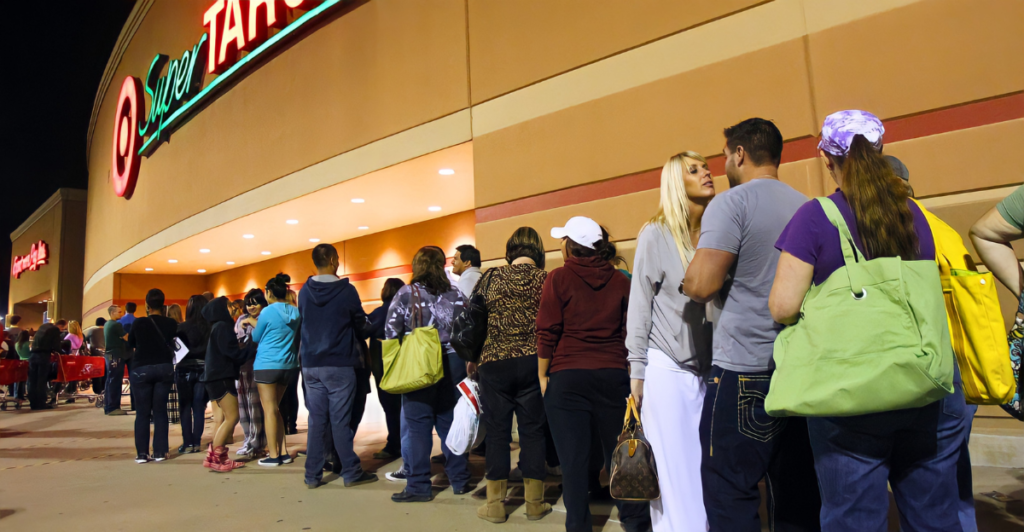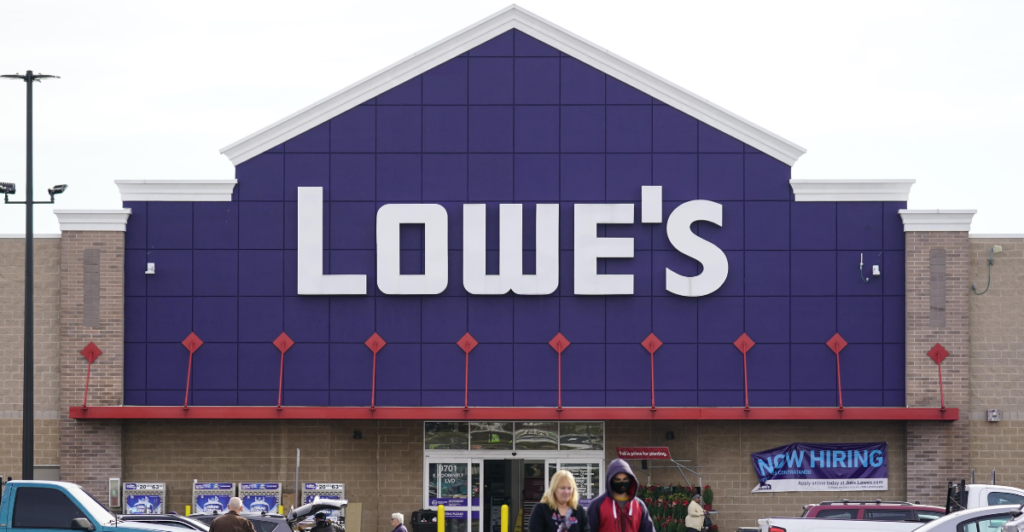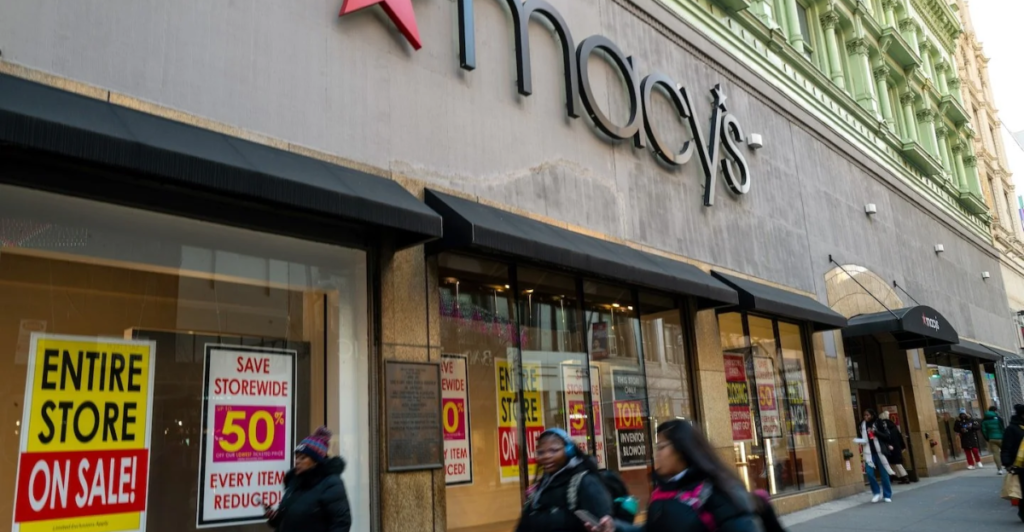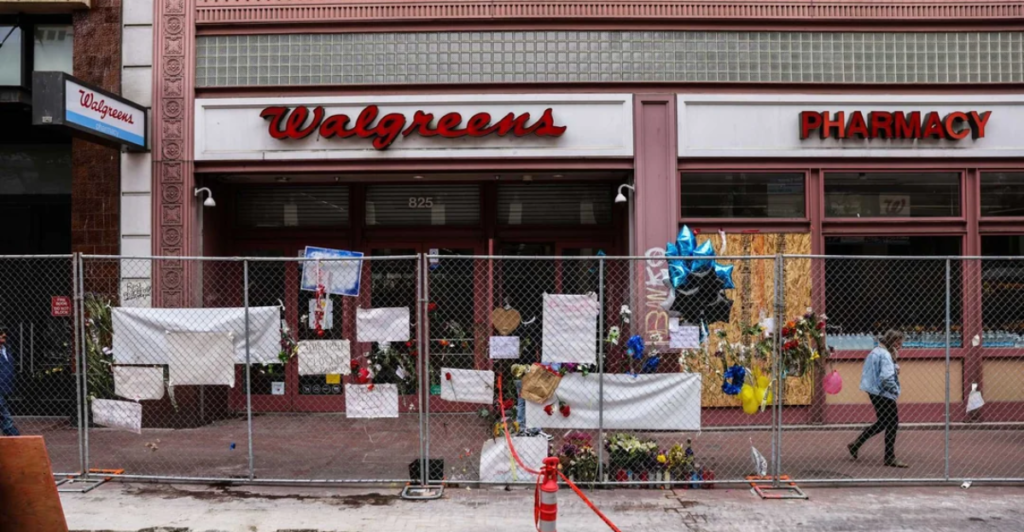
On April 20, 2025, dozens of major U.S. retailers will shut their doors for 24 hours in what’s being labeled a “retail blackout.” Despite the dramatic name, this closure aligns with Easter Sunday, a long-recognized day off for many stores.
Retailers like Target, Costco, and Lowe’s are leading the charge, giving employees a guaranteed break and aligning with a growing corporate trend to prioritize wellness and rest. It’s a shift toward a more human-focused retail calendar.
However, the phrase “retail blackout” is also being used by protest groups online, blurring the line between tradition and activism. So what’s really going on?
Who’s Participating in the Shutdown?

The list of confirmed closures reads like a who’s who of retail: Target, Costco, Lowe’s, Publix, Aldi, Sam’s Club, Macy’s, Kohl’s, JCPenney, Best Buy, TJ Maxx, Marshalls, and HomeGoods are all pressing pause.
These aren’t sporadic closings. For many of these brands, shutting down on Easter, Thanksgiving, and Christmas has become standard practice. The message? Employees deserve real time off, especially on culturally significant holidays.
It’s also a PR win. Consumers increasingly favor brands that treat workers well, so this small disruption may help build long-term loyalty and trust.
Which Stores Will Stay Open?

While many stores will close, others will remain open for business. Walmart, Home Depot, Kroger, Trader Joe’s, Whole Foods, CVS, Walgreens, Dollar Tree, and Dollar General are expected to operate, though some will reduce hours.
These brands take a different approach, opting for accessibility and availability, even on holidays. For some, it’s a way to differentiate themselves or meet urgent customer needs. For others, it’s just business as usual.
If you’re planning to shop on April 20, double-check store hours in advance. Policies can vary by region, especially at independently managed locations.
Why More Retailers Are Closing on Holidays

Holiday closures have gone from rare exceptions to thoughtful strategy. For many retailers, it’s now about more than lost sales, it’s about investing in employee morale and responding to cultural shifts.
Retail workers are often the backbone of the economy, but get the fewest breaks. When stores close on major holidays, it signals a deeper respect for the people keeping shelves stocked and customers served.
More importantly, shoppers are on board. A majority say they support holiday closures, even if it means a slight inconvenience. Ethics, it turns out, are a growing factor in where people shop.
The Protest Movement Causing Confusion

Here’s where things get murky. The term “retail blackout” is also being used by protest groups like The People’s Union USA, who are organizing anti-corporate spending days to challenge inflation, tax loopholes, and DEI rollbacks.
These events encourage consumers to withhold spending to pressure big-box stores into ethical reform. Though separate from the Easter closures, the timing and terminology overlap, sparking conspiracy theories online.
The result? Confusion. Is the blackout about religion, protest, or labor rights? In this case, it’s mostly about Easter, but the public perception is a little more tangled.
What Shoppers Should Do This Week

If your go-to store is on the closure list, make a plan now. Essentials like groceries, prescriptions, or Easter dinner ingredients should be purchased in advance. Nobody wants to panic-buy paper towels on Sunday.
Stores like Walmart, CVS, and Walgreens will remain open, and they might experience higher traffic than usual. You might also consider using delivery services ahead of time if in-person errands are tricky.
Bottom line: don’t assume anything. Double-check store hours, get what you need early, and enjoy the holiday knowing you’ve avoided the rush.
Why This Shift Actually Matters

This isn’t just about Sunday shopping. It’s about companies making small but meaningful changes that reflect shifting values. Giving retail workers rest days has ripple effects — better retention, improved morale, and a more loyal workforce.
And it’s not lost on consumers either. Brands that honor holidays tend to build stronger reputations, especially as Gen Z and Millennials show preference for ethical business practices.
The blackout might last 24 hours, but its message lingers longer: even in a 24/7 world, sometimes, closing your doors says the most.
Navigating Misinformation and TikTok Speculation

If you’ve been on TikTok lately, you’ve probably seen the viral theories and claims of mass closings, looming economic collapse, or coordinated anti-consumer efforts. Spoiler alert: none of that is true.
The Easter closures are longstanding and predictable. The protest-led “retail blackout” is separate and hasn’t caused any widespread disruption. The overlap is just branding confusion and internet hype.
While some voices may be raising valid concerns, it’s important to separate fact from fear. Sometimes, a day off is just a day off, even if the hashtags say otherwise.
What This Means for the Future of Shopping

The 2025 Easter closures are likely a sign of bigger retail shifts ahead. As more companies adopt values-based policies, the way we shop and when we shop could change dramatically.
Expect more planned closures, flexible hours, and perhaps even new retail norms that prioritize people over profits. If the public continues to support these moves, brands will have every incentive to follow suit.
For consumers, it’s worth paying attention. Where you shop isn’t just about price anymore — it’s about principles. And the quietest day of the year might just speak the loudest.
Rest Is the New Power Move

Whether you call it a blackout or a break, this 24-hour pause is about more than closed registers. It’s a reflection of what matters to workers, companies, and consumers alike.
Yes, some may grumble about missed errands or last-minute store runs. But others will appreciate the deeper meaning: a rare moment when the retail machine steps back, breathes, and puts people first.
So prep ahead, skip the panic scroll, and take the day for what it is, a gentle reminder that even in capitalism, rest isn’t just radical. It’s necessary.
Discover more DIY hacks and style inspo- Follow us to keep the glow-up coming to your feed!

Love content like this? Tap Follow at the top of the page to stay in the loop with the latest beauty trends, DIY tips, and style inspo. Don’t forget to share your thoughts in the comments — we love hearing from you!